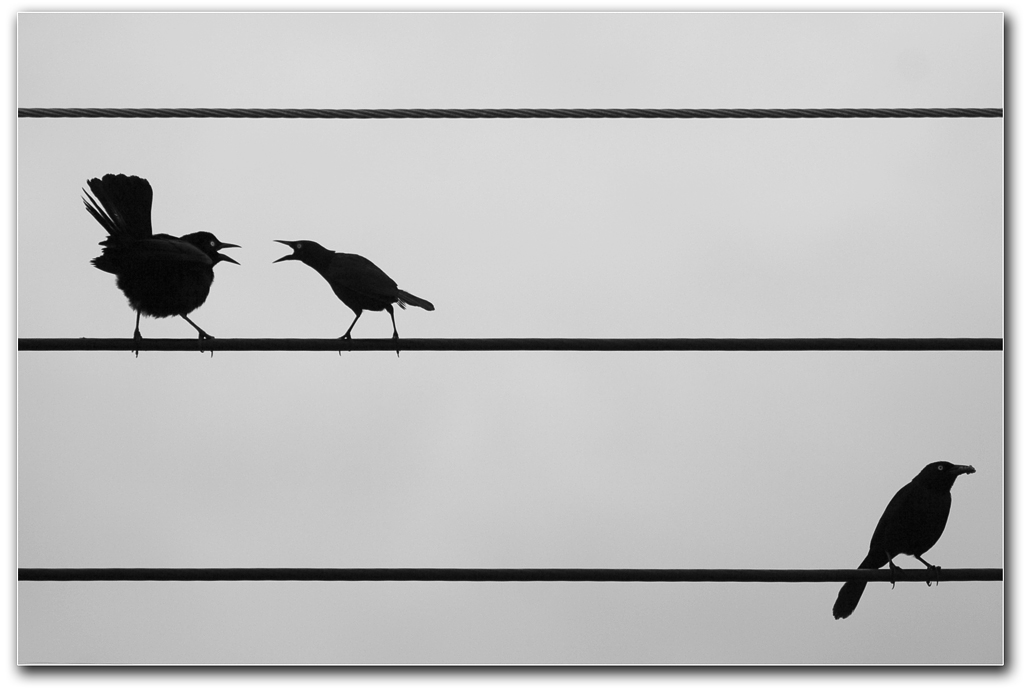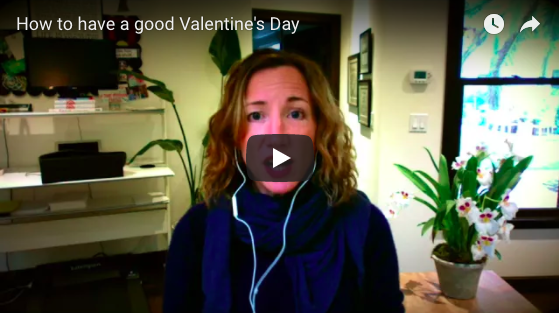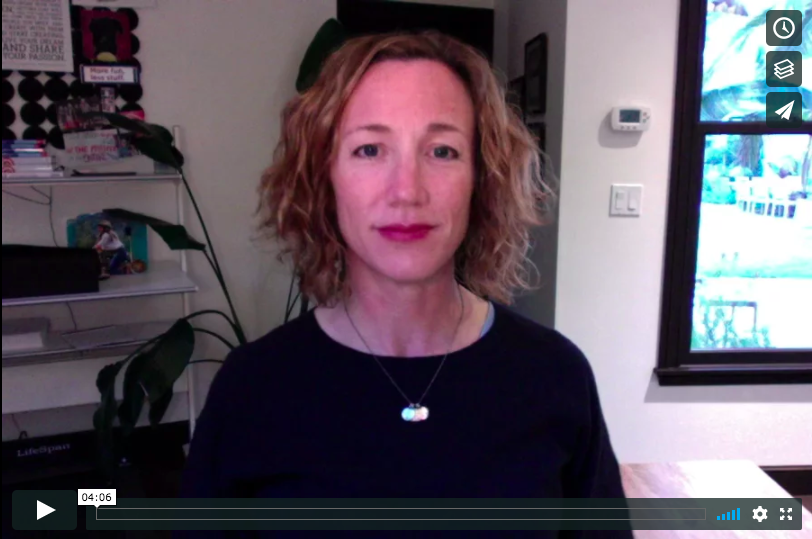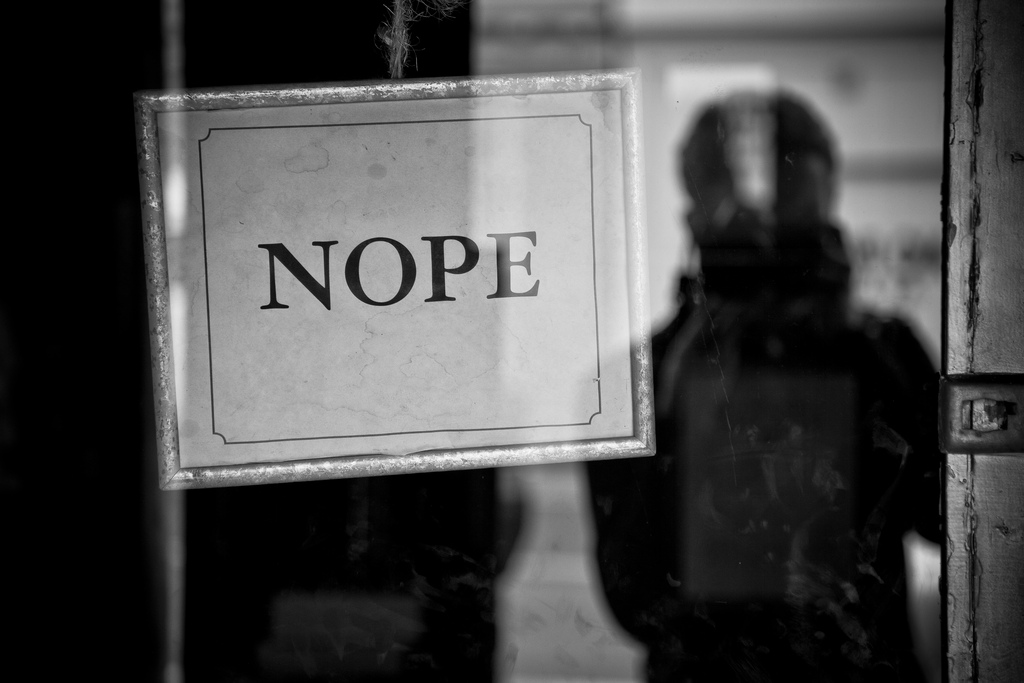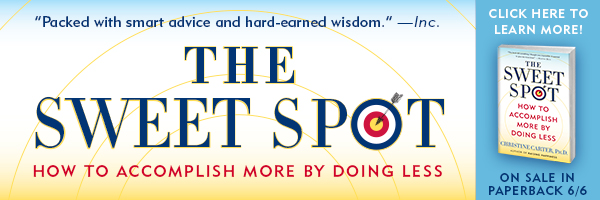Irritated with your husband (or your wife)?
You probably expect too much.
I find it ironic that the month after Valentine’s Day tends to be the busiest time of the year for divorce lawyers (or so they say). Seems that many people are not feeling as much love and romance as Hallmark would hope.
I have a theory about this.
If I asked my grandmother if her late husband was her best friend, her provider, her lover, and her partner in parenting and life—her go-to guy for emotional fulfillment, practical help, AND the center of her social universe—she would have laughed uproariously.
She did love her hubby until the day he died and she missed him so much she wept when she would talk about him more than 30 years after his death. But my Opa wasn’t her best friend (her girlfriend Beulah was). She didn’t rely on him for help raising the kids or with the housework (times have changed!), nor did she expect him to understand her feelings. She relied on herself for happiness and fulfillment—and truthfully, she didn’t have high expectations there, either.
But she’d tell you she had a wonderful marriage. When I asked her if she had had a happy life (she lived to be 104 years old), she giggled at the absurdity of the question. Clearly she did.
And yet, like most of my peers, I would not sign up for her life—or, in particular, her marriage. Today, we expect our spouses to be our partners in just about every realm. We expect them to be our co-parents, our household running mates, and to help provide for our family financially. We’d think there was something wrong if they didn’t consider us their soul mate, their go-to buddy, and their lover.
Our expectations hugely influence our perceptions, and therefore our decisions, our experiences, our judgments, and ultimately, how we feel. Share on X
Like individuals, couples are increasingly isolated from the outside sources of support that previous generations had, and so our partners have become our primary sources of emotional (and for some, spiritual) fulfillment. When we aren’t happy, it is easy—and quite common—for our generation to blame our spouse for it.
There is an expectations paradox here: The demands put on our relationships have become so great—and our expectations of them have gotten so high—that we are more likely to be disappointed when we don’t get what we want from our partners than we are to feel grateful when we do.
My grandmother expected very little from her husband—I imagine only that he provide her with financial stability, and that he be faithful to her. My grandfather delivered on these things, and as an added bonus, shared with her a love of dancing, a social life full of mutual friends and dinner parties, and a muted joy in raising children and grandchildren.
My grandmother was content not so much because of what she had in her husband, but because of what she lacked in her expectations. This is both ironic and instructive for our generation.
Consider the study where Duke professor Dan Ariely, author of the book Predictably Irrational, had research subjects try two different types of beer. One was Budweiser; the other was Budweiser with balsamic vinegar added to it.
The majority of subjects vastly preferred the Bud and vinegar concoction—when they weren’t told what it was. When they were informed before they tasted it, they hated it.
Ariely’s conclusion is that when people believe that something might be distasteful, they’ll experience it negatively, even if they would have liked it otherwise. The reverse is also true.
In other words: Our expectations hugely influence our perceptions, and therefore our decisions, our experiences, our judgments, and ultimately, how we feel.
But the idea that we should just lower our expectations of our spouses and call it a day is inherently unfulfilling. Seriously: Is the answer really to just lower the bar?
I can’t think of anyone for whom this would work. We can’t just drop our beliefs–especially our long-held romantic notions about who are partners should be to us–without replacing them with new beliefs and values that feel as true or truer to us.
So what do we do? How much can we really expect of our spouses and still be happy? If expectations create relationship-killers, like nagging, contempt, and criticism, how can we respond constructively when our expectations aren’t met?
I’ve spent years combing the research for answers to these questions. I’ll be sharing what I’ve learned on the first live call of my Brave Over Perfect Group Coaching on Friday, March 1. We’ll be digging deeper into the misery of high expectations, and more specifically what to do when our partners don’t measure up. Learn more or enroll now.




